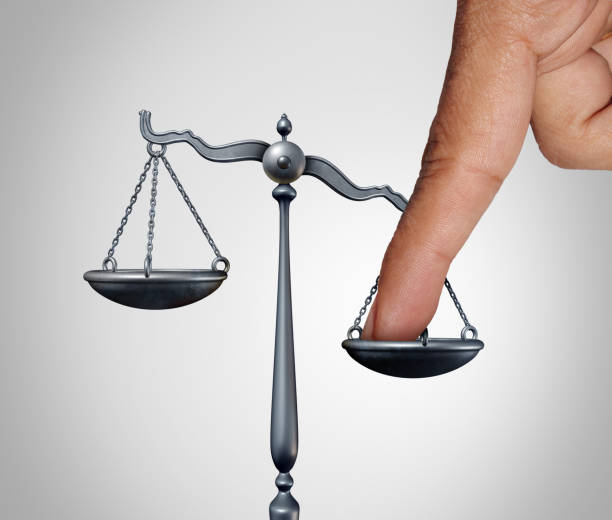What is injustice in terms of law? Generally, it is a situation where there is an obvious and blatant inequity. In the context of law, such an injustice may justify a legal remedy. Ilolton v. Olcott, 58 N.I. 598 (Dec. 14, 1970). The same holds true in re Moulton, 50 N.I. 532 (Mar. 27, 1970).
We cannot call a community “injustice-free” when it punishes people who have committed crimes against them. This is not only wrong; it also violates the dignity of people. In other words, wealth-based discrimination is unjust. Similarly, the destruction of materials that have the potential to help others is unjust. These are just a few examples of the inequitable ways in which a society can punish individuals.
To define injustice, we must first define it. Injustice occurs when a person is denied the rights to freedom, equality, and security. Inequity often violates basic human rights, such as the right to vote. Similarly, in the United States, women were denied the right to vote until the early nineteenth century. Injustice stems from Latin, which means “not right.” And it may be general, personal, or systemic.
In some cases, legal justice is expensive and unavailable, making it less accessible to some groups. In such cases, personal justice becomes remote and costly, resulting in escalated abuse. These crimes are often classified as “silent crimes,” despite the fact that they can be highly destructive. For instance, spousal abuse is a relatively common problem for certain demographic groups, such as the LGBTQ community. Therefore, it is critical to understand and combat this injustice.
In Western philosophy, justice is a process that restores fairness to a situation. Law is intended to serve as a universal code of morality. Wrongful actions are illegal and punished according to the extent of injustice. Without law, it would be impossible to measure what is just and what is wrong. That is why we need to define justice in terms of law. If it were, justice would be a black and white issue.
In cases of discrimination, the complainant must prove that the discrimination was related to the person’s age. In other words, the respondent must prove three things. It must be a business necessity, related to the nature of the business, and it must have been the result of reasonable action to avoid discrimination. It is also known as the duty to accommodate to the point of undue hardship. So, if a law requires a particular action, it can be a legal defense.
In the case of racism, the law must protect the rights of people who are marginalized based on their race or ethnicity. This is a fundamental human right that is violated when people are discriminated based on their colour, race, religion, or sexuality. Furthermore, racism often fuels large-scale atrocities, such as the 1994 Rwanda genocide or Myanmar ethnic cleansing. Those who are considered to be vulnerable are often unable to receive basic services, such as health care.
In international politics, the concept of personal justice is frequently used to describe a situation that is wrong and blatantly unfair. The fact that the United States and other nations are dependent on American leadership, such injustice is seen by many countries as irresponsible. This in turn affects the international reputation of the United States. Further, it affects the power dynamics between nations, which causes them to experience a negative reaction from their neighbors.



